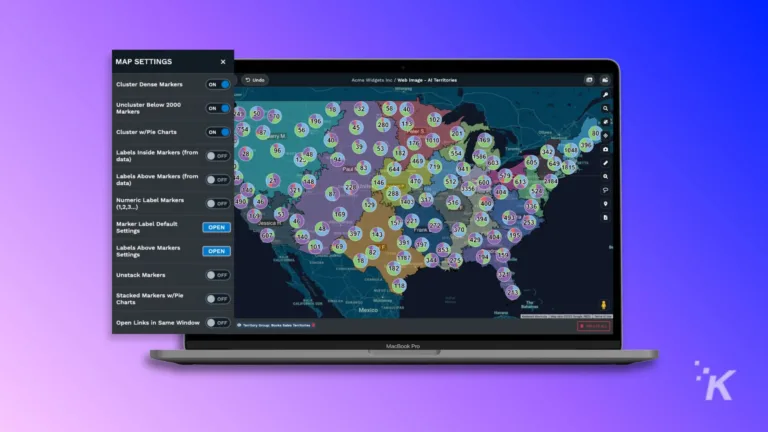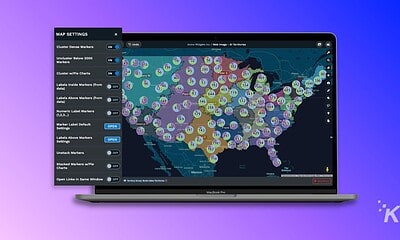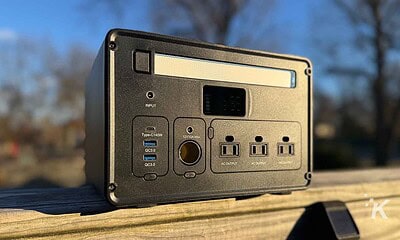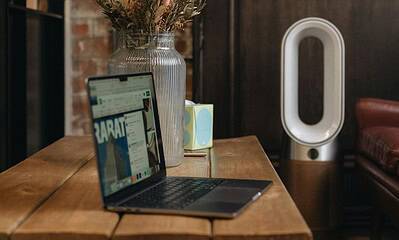Sponsored
Why health tech belongs in more than just hospital settings
Health tech is revolutionizing daily life, seamlessly integrating smart devices, apps, and digital tools to empower individuals to manage their health and stay connected.

Just a heads up, if you buy something through our links, we may get a small share of the sale. It’s one of the ways we keep the lights on here. Click here for more.
Health tech has come a long way, and it’s not just sitting in hospitals or clinics anymore. These days, you’ll find smart devices, apps, and digital tools showing up in homes, pockets, and daily routines.
And that makes sense. Most of us don’t spend our time in a hospital bed. We’re managing health from the middle of our regular lives while grocery shopping, working, relaxing, and dealing with everything else the day throws at us.
This shift doesn’t mean we’re replacing doctors or ignoring real care. It just means we’re building better ways to stay on top of things in between appointments.
Whether it’s a small device that helps with safety or an app that tracks your daily habits, health tech now fits into real spaces, not just medical ones. It helps people stay connected, informed, and supported no matter where they are
Manage Conditions Daily
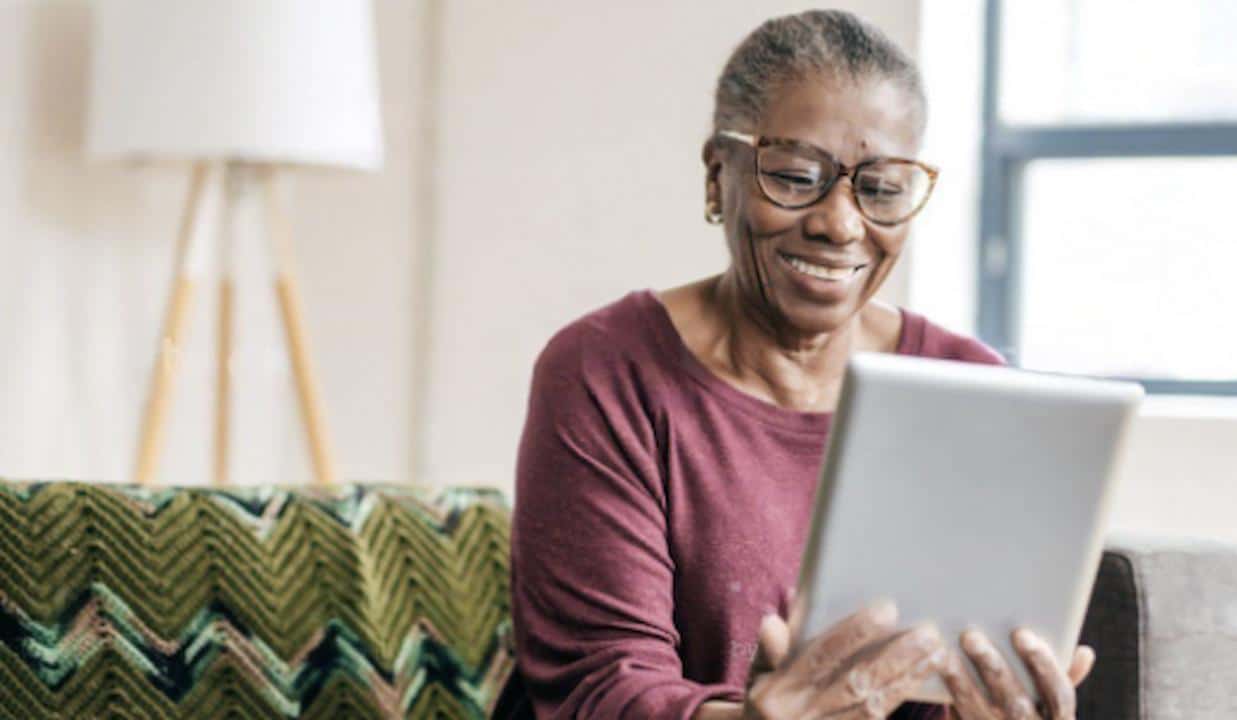
Living with something ongoing like high blood pressure, diabetes, or arthritis usually doesn’t require daily doctor visits. But it means paying attention to how your body feels, what it needs, and whether anything changes.
Smart devices that track blood sugar, monitor blood pressure or remind you to take medication help you handle these things quietly at home.
No waiting rooms. No added stress. You check in with yourself and keep your care on track between visits.
That kind of control helps people avoid setbacks while keeping their health part of the every day, not just something to deal with when things go wrong.
Bring Safety Home
There’s something really valuable about feeling safe in your own home, especially if you live alone or have health concerns.
A personal medical alert system is a small, reliable tool that lets you call for help immediately without needing a phone or another person nearby.
You press a button, and help is on the way. It’s simple, quiet, and reliable.
What’s great is that it doesn’t take over your life. You don’t have to do anything special or change your space. It’s there in the background, offering support if and when needed.
This kind of tech isn’t just for emergencies either—it’s for everyday peace of mind. It helps people stay independent while also knowing someone has their back.
Track Routine Changes
Not every health issue shows up in obvious ways. Sometimes, the first signs are small changes like someone getting out of bed later than usual, skipping meals, or not moving around much.
These aren’t always easy to notice, especially if the person lives alone or doesn’t talk much about how they’re feeling.
Home-based sensors can quietly track changes in movement, routines, or even appliance use. If something seems off, a message can go out to a family member or caregiver.
No cameras. No invasion of privacy. Just gentle support that helps spot things early. It’s especially helpful for older individuals or people recovering from illness, where those small changes really matter.
Keep Families Informed
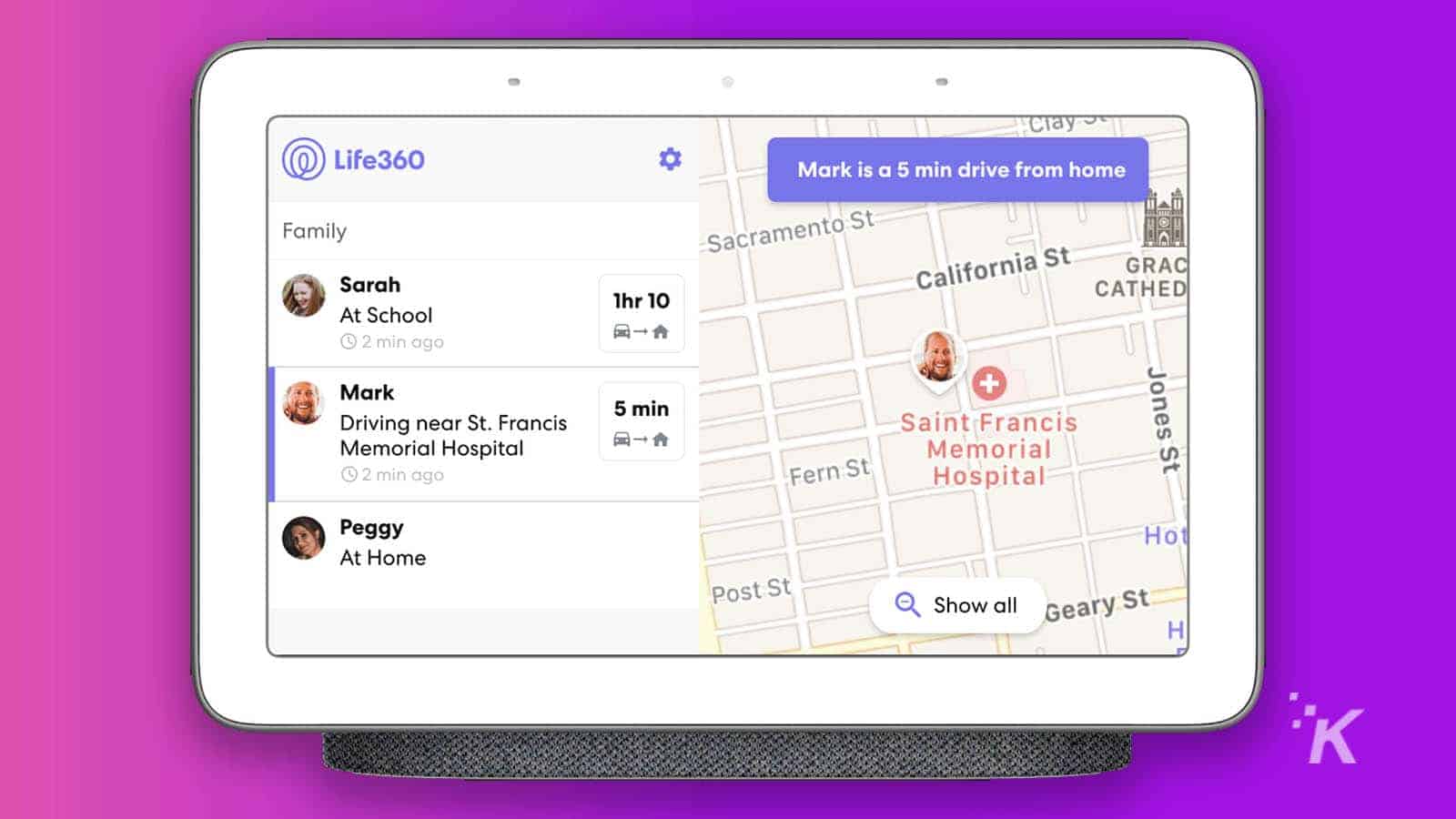
Sometimes, checking in with a loved one every day isn’t realistic. You might live far away, have a busy schedule, or just want to give them space. But that doesn’t mean you don’t care or that they don’t want a bit of support.
Health tech can offer families a middle ground. Maybe it’s an app that shows daily check-ins or a small alert system that notifies someone if a routine is missed.
It’s not about tracking someone’s every move. It’s about making sure that if something seems off, someone knows. That way, people can feel connected and supported, even from a distance, without having to call or ask all the time.
Build Preventive Habits
Health tech isn’t just there when something goes wrong—it can help people stay on track before things get serious.
Daily reminders to take a walk, drink water, or take a supplement may seem small, but those little nudges make a difference over time. They’re not dramatic, but they support steady routines.
These tools fit into regular life without being disruptive. Whether it’s a phone buzz or a gentle alert on your watch, they keep you thinking about your well-being in the middle of your day, not just at the doctor’s office.
That’s where prevention starts—with regular, small decisions that add up.
Add Travel Backup
Health concerns don’t pause just because you leave the house. Whether you’re running errands, on a trip, or just out for a walk, having support on the go makes health tech feel like part of real life.
A smartwatch with emergency calling or a portable monitor you can toss in your bag can go a long way.
It’s about keeping that layer of security with you, wherever you are. It’s a smart backup without having to pack your entire medicine cabinet.
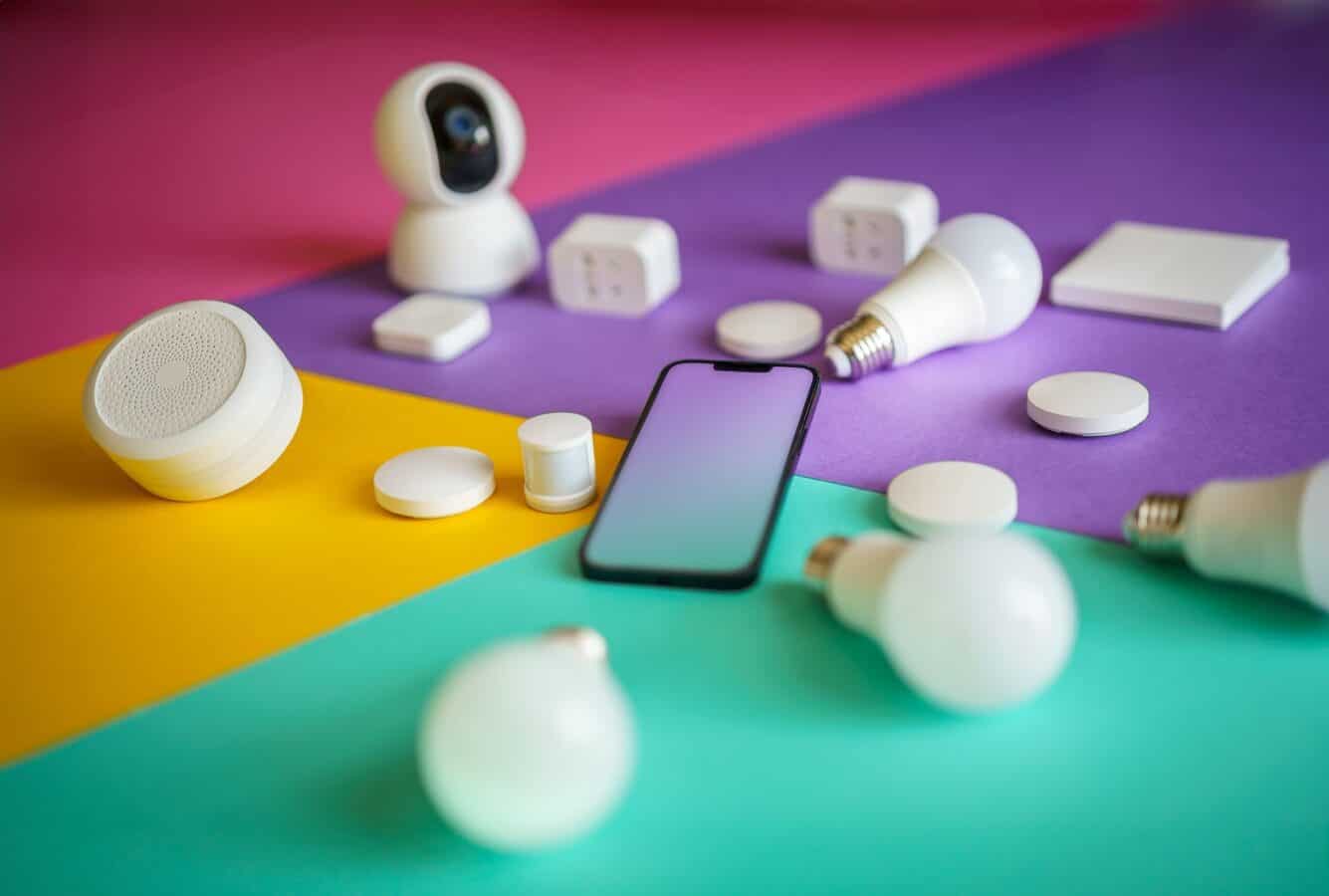
Stay on Track at Home
Most of us manage our health between appointments, not during them.
Tech that fits into our home routines, like fitness trackers, digital thermometers, or pill reminders, helps people stay consistent without making everything a process.
You can take a reading in your kitchen, check your sleep stats when you wake up, or get a reminder to stretch in the middle of your workday. It’s regular life with a little support built in.
Support At-Home Recovery
Recovery doesn’t stop when you leave a clinic.
Whether you’re healing from surgery or managing a condition, having tech that guides you through rehab exercises or tracks progress makes recovery more manageable from home.
Apps that show you how to move properly or track how often you do your stretches help keep your momentum going.
Instead of trying to remember everything a doctor said during a quick visit, the tech fills in as a steady reminder that keeps things moving forward.
Make Care Ongoing
Health isn’t something that gets fixed and forgotten. It’s something that unfolds over time. That’s why tech that supports small, daily check-ins matters.
It doesn’t try to replace care but fills in the space between appointments, making wellness feel like a daily thing instead of a medical task.
When these tools work quietly in the background, they help people feel in control without constantly thinking about their health.
It’s a better way to keep care steady—less about reacting and more about staying connected to what matters.
Health tech works best when it fits into everyday life, not just in hospital rooms.
Whether it’s safety tools at home, trackers that guide recovery, or simple reminders that help with consistency, these tools belong in regular routines.
They make care feel easier, more personal, and more accessible. And that’s exactly where they should be.
Editors’ Recommendations:
Disclosure: This is a sponsored post. However, our opinions, reviews, and other editorial content are not influenced by the sponsorship and remain objective.

